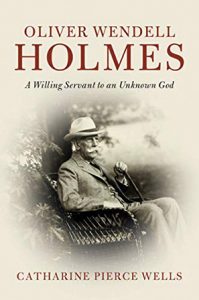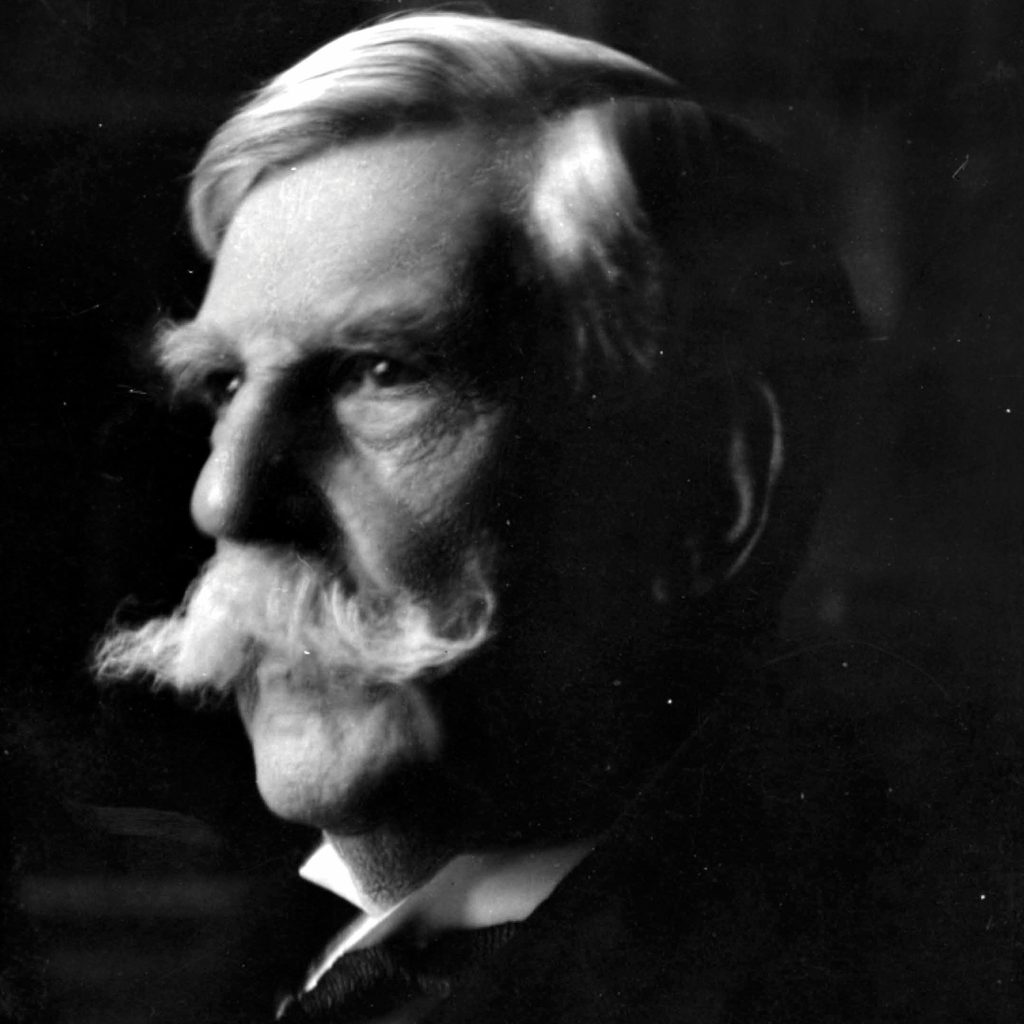Oliver Wendell Holmes has long fascinated Professor Catharine Wells, a Boston College Law School professor and expert on American pragmatism. She has studied and written about the Supreme Court justice for decades, an effort that culminated in Oliver Wendell Holmes: A Willing Servant to an Unknown God, published by Cambridge University Press in May.

One reviewer described the book as “elegantly written and filled with sparkling insight about the inner life of one of America’s greatest judges.” Another wrote that “Wells successfully reimagines Holmes’ life and work in the context of American philosophical pragmatism.”
Holmes was surely one of America’s greatest judges. His legal career spanned seventy years, fifty of them on the bench, first in the Massachusetts Supreme Judicial Court and then in the United States Supreme Court. During these years, he helped to reshape the common law and wrote foundational opinions about freedom of speech and the limits of state regulatory power.
The book is the first to explore the 19th century New England influences that shaped Holmes’ character.
Though he was much praised and respected in his lifetime, more contemporary writers have not been so kind. They have charged that he was cold, distant, and lacked empathy—the result, they thought, of three years fighting for the Union in the thick of the Civil War. Holmes himself regarded military service as a sacred experience; and this, the modern critics said, made him heartless and bellicose. Furthermore, they argued, his so-called positivism made him skeptical of the high ideals that Americans had fought to defend in the Second World War.
In her book, Wells argues that Holmes’ critics have failed to understand the depth and strength of his moral convictions. To illuminate these, she set out to reconcile the contradictory tendencies in Holmes’ thought by exploring his early life and influences. She turned her philosopher’s eye to the pragmatism “that fueled his intellectual humility” and to the Transcendental Idealism “that inspired him to live what [Ralph Waldo] Emerson had described as a life that was ‘secretly beautiful.’” The result, according to Wells’ publisher, is an “innovative study” that is the first to explore the 19th century New England influences that shaped Holmes’ character and that “unlocks his unique identity and contribution to American law.”



